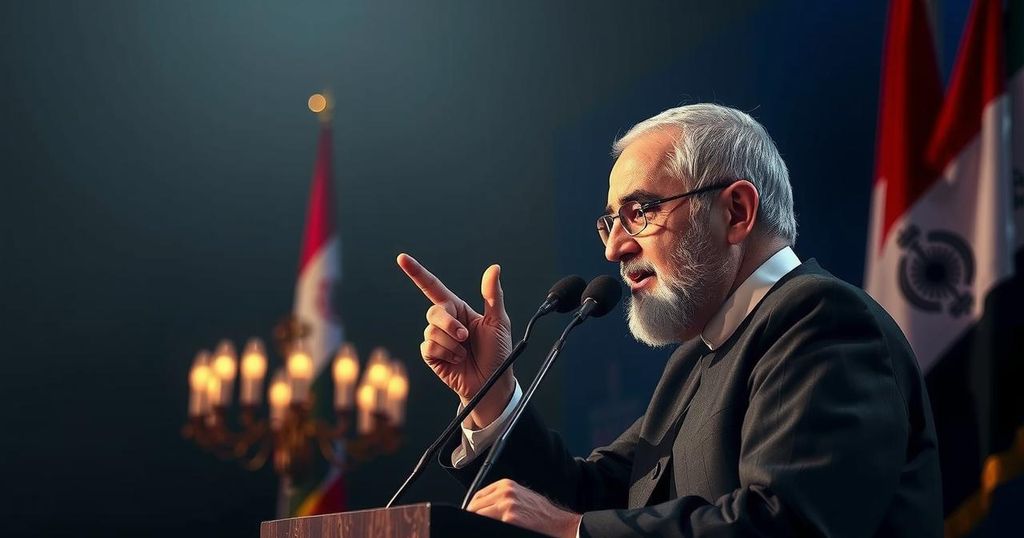Benny Sabati of the Institute for National Security Studies states that Iran’s prolonged focus on battling Israel has left it unable to effectively support Syria amid rising Sunni rebel activity. Depleted resources and significant losses among its ranks have placed Iran in a vulnerable position, inciting domestic discontent. Its reliance on Russia for assistance may dictate the extent of its influence moving forward.
Recent developments in Syria have highlighted a serious strategic crisis for Iran, especially as Sunni rebels launch surprising offensives against the regime. Researcher Benny Sabati from the Institute for National Security Studies has articulated that Iran’s ongoing hostilities with Israel have notably depleted its resources and capabilities. This depletion has left Iran unable to effectively support its allies in Syria, particularly the Assad regime, during what Sabati describes as a precarious period for Iran.
Sabati emphasizes that Iran has suffered significant losses, stating, “The Iranians have paid a very high price for operating all their proxies against Israel over the past year.” This degradation is evident in the diminished command structure of Iranian forces, especially within groups like Hezbollah and Hamas, placing Iran in a vulnerable position as it attempts to engage in the ongoing Syrian conflict.
The researcher outlines Iran’s more pressing challenge—the inability to manage conflicts on multiple fronts, noting, “The Iranians have an issue. They neither like nor believe in fighting on two fronts.” This predicament has led Iran to focus exclusively on its confrontations with Israel while neglecting the growing influence of extremist Sunni factions in Syria. As Sabati poignantly states, “Now the genie is out of the bottle.”
In a bid to regain control, Iran has sought assistance from Russia, with Iranian officials engaging in discussions to secure support. However, the effectiveness of these diplomatic overtures appears limited, as Sabati reflects, “He can come to encourage – that’s all he can do. They don’t have much in their pocket.”
This situation unfolds against a backdrop of domestic discontent within Iran, where public anger is directed towards the nation’s extensive support for foreign militant groups. The implications of Iran’s faltering strategy could result in a significant decline not only in its influence but also in that of the Syrian regime, dependent on the response of Russia in the ongoing crisis.
Iran finds itself in a complicated geopolitical situation exacerbated by its commitment to combatting Israel while attempting to support the Assad regime in Syria. The strategy of deploying proxies has drained Iranian resources, leading to significant losses among its ranks, including key personnel within allied groups. The simultaneous fronts of conflict have presented challenges for Iran, compelling it to prioritize its focus and neglect other vital arenas, particularly in Syria. This reliance on external support, chiefly from Russia, could determine the future of the region as the dynamics of power shift towards increasingly fractured loyalties.
In conclusion, Iran’s strategic miscalculations in managing simultaneous conflicts have culminated in a profound crisis. The repercussions of this neglect are becoming increasingly clear, with Iran appearing significantly weakened in its capacity to support its allies in Syria. Increased domestic criticism compounded by external pressures may further undermine Iran’s influence. Thus, the unfolding events will hinge on Russia’s intervention and its willingness to stabilize the situation amid rising Sunni extremist activity, posing a threat to both Iran and the Syrian regime.
Original Source: www.jpost.com






